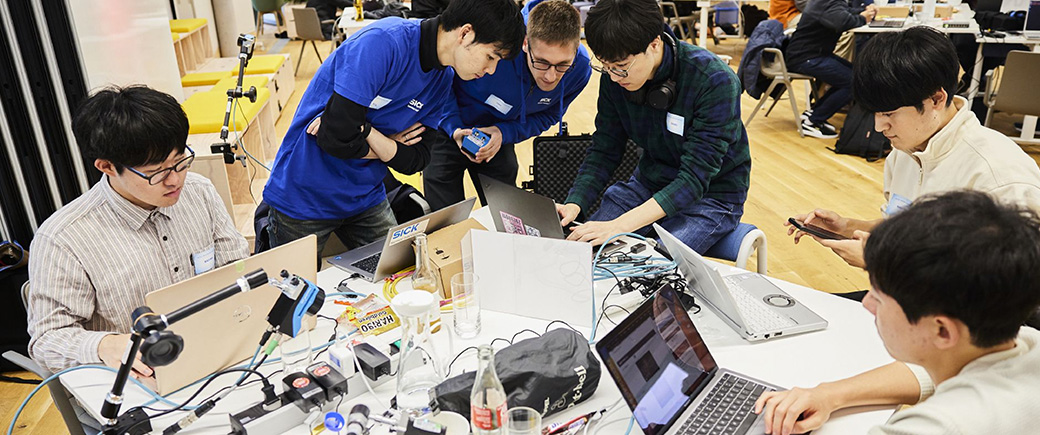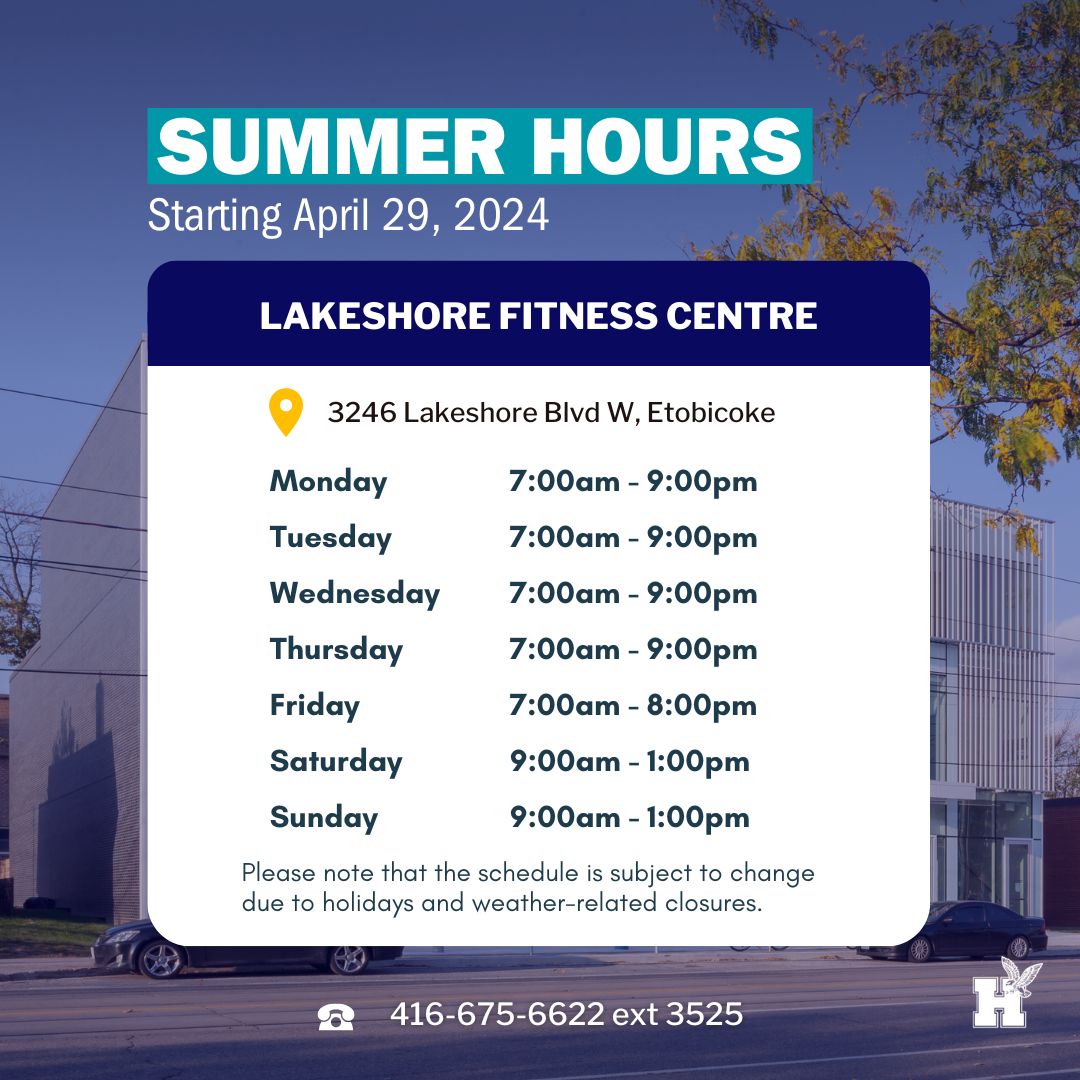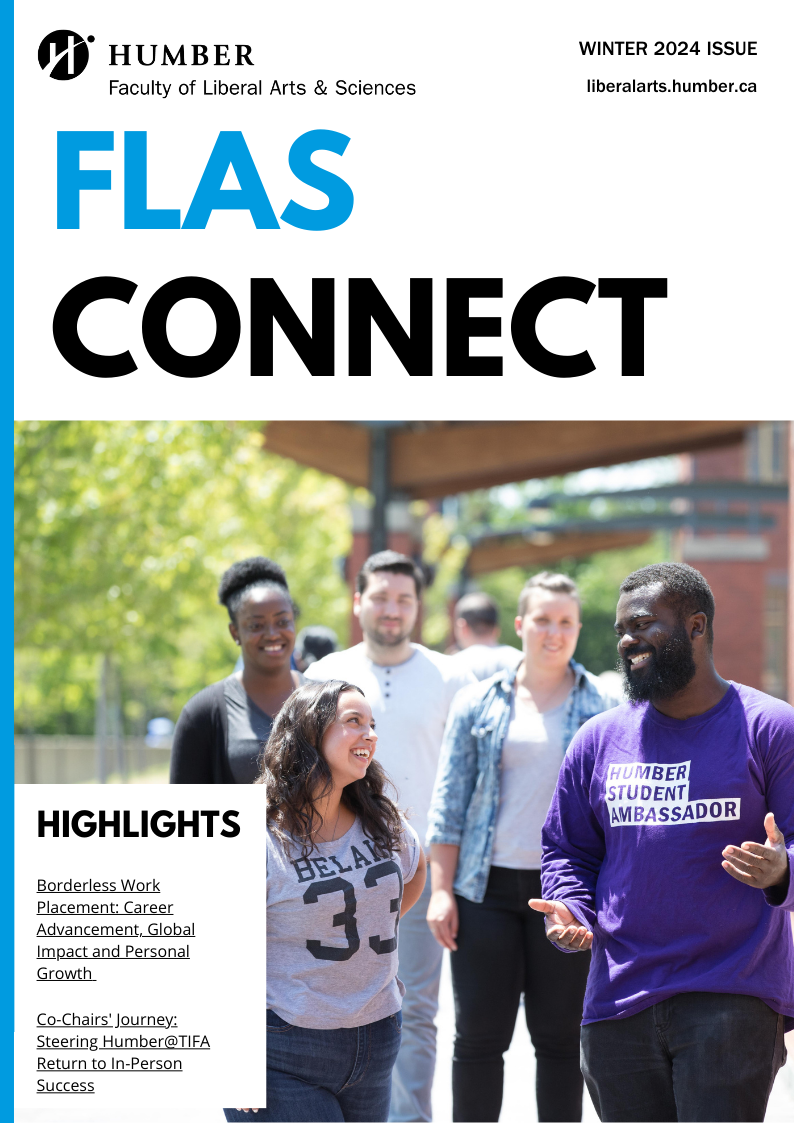10 to 15 per cent of post-secondary learners live with a disability, whether visible or invisible. Many learners with disabilities have functional limitations impacting reading.
As faculty, you may receive Accommodation Letters listing text-to-speech as a required accommodation for a learner. Text-to-speech tools convert written text into spoken words.
In addition to being a convenient tool built into our phones, tablets and computers and more, text-to-speech tools are essential to learners experiencing disability-related functional limitations in areas such as reading comprehension, processing speed, decoding and attention.
Please check out the links below to see how to access text-to-speech support in the devices and software you use every day:
- Microsoft Word: Read Aloud
- Microsoft Edge: Read Aloud
- MacOS: Speak Selection
- IPhone/iPad: Spoken Content
- Android: Select to Speak
Read and Write
In addition to these built-in tools, all Humber and Guelph-Humber students and staff can access Read and Write software free of charge. This tool can be installed on Windows and Mac computers or used as an extension in Chrome or Edge web browsers.
Please view the instructions below for how to install this software/extension:
- Windows
- Mac
- Chrome extension (note: you will need to log in with your Humber/Guelph-Humber credentials)
- Edge extension
Use this link to learn about how to use the text-to-speech tools and more in Read and Write.
For more information on these and other assistive technology tools, please see this link for our Assistive Technology Resource Booklet.
Visit our ALS Information for Faculty website to learn more about accommodating students with disabilities.
Please email us at accessible-learning@humber.ca with suggestions for key accessibility-related topics that you would like us to address through the Communiqué.




